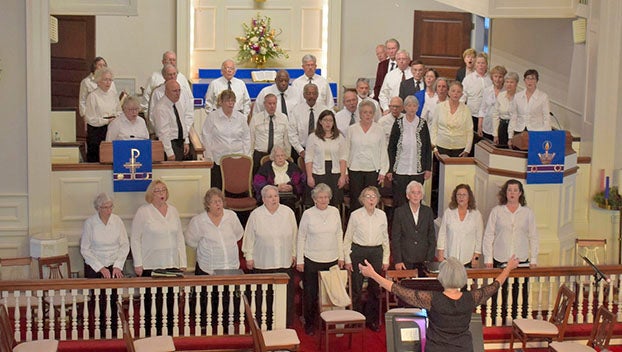Differences between home and commercial canning highlighted
Published 6:00 am Friday, August 20, 2021
|
Getting your Trinity Audio player ready...
|
Last month, I introduced the dual pillars of innovation and tradition that have allowed the Prince Edward County Cannery to flourish.
These pillars are largely personified by the relationship between the commercial and home canning branches of the cannery. The link between public (commercial) and private (home) canning has been at the heart of the canning community dating back to the 1940s.
In her book, Eating for Victory, Amy Bentley writes that during World War II, “The produce Americans grew and canned no doubt was a vital part of the U.S. food supply, but the government and private industry portrayed these activities as public demonstrations of sacrifice when the benefits — fresh fruits and vegetables on the family table and canned ones for the winter — were almost entirely private.”
The partnership between the commercial and home canning divisions in Prince Edward County has expanded the notion of private consumption to public retail consumers, creating a new market for tradition to thrive.
While home and commercial canners in PEC share the same facilities, much of the same equipment and even oftentimes operate on a similar scale, there are many important distinctions between the commercial and home canning branches. The first major difference between the two operations is the final destination of the products. Home users are not allowed to resell their products in any sort of commercial market. Their finished products are to be consumed by family and friends in “home” or private spaces. Commercial producers sell their products in retail spaces like farmers markets and food stores for profit, with consumption intended by the general public and not by the maker.
During peak growing season (June-December), home canners can use the cannery on Monday, Wednesday and Saturday. Currently, home productions are by appointment only due to COVID-19 restrictions, which can be scheduled by calling (434) 223-8664. During peak season, commercial production takes place on Tuesday, Thursday and Friday, and throughout the week from January-May. The best place to reach out about the commercial process is info@virginiafoodworks.com.
Another primary difference between home and commercial canning are the regulations required for each branch. Commercial processing at the cannery requires additional inspections by regulating bodies like the Virginia Department of Agriculture and Consumer Services (VDACS). Commercial canning also relies heavily on food scientists and process authorities at places like Virginia Tech, which help determine the food safety of different products. The commercial canning process uses process approval letters obtained by clients from process approval authorities to know exact ingredients for recipes, and appropriate pH levels for food safety testing. Because home canners use a different canning process and are not reselling for public consumption, they have a bit more leeway when it comes to changing up recipes and ingredients, much like you would when cooking in your own kitchen.
Both branches of the cannery serve very important roles in the community, contributing to a much larger historic legacy of preserving traditions in the canning community.
HANNAH EVANS is the Director of Virginia Food Works and can be reached at info@VirginiaFoodWorks.com.






